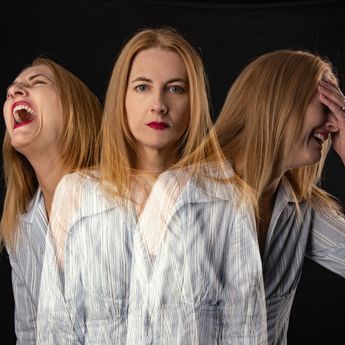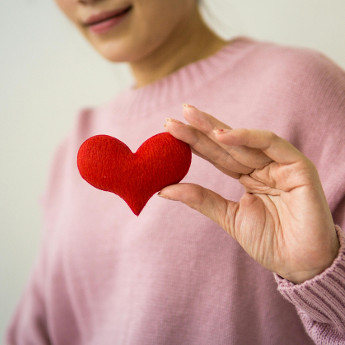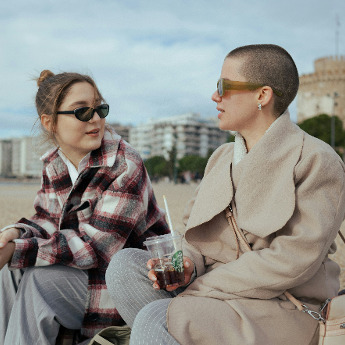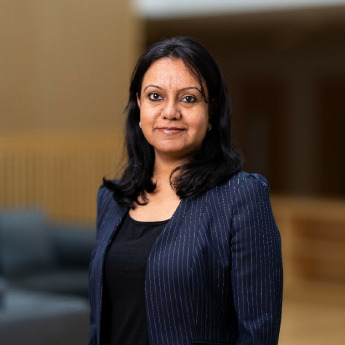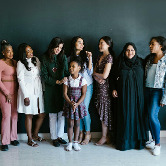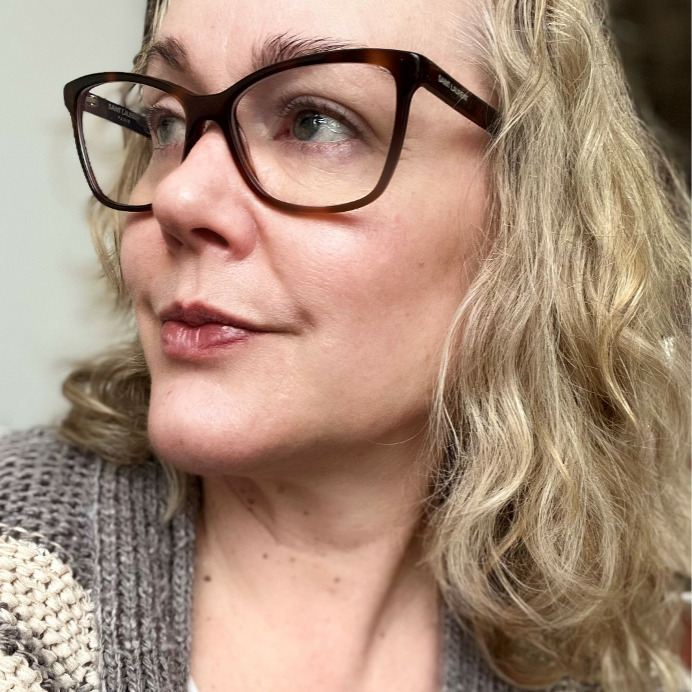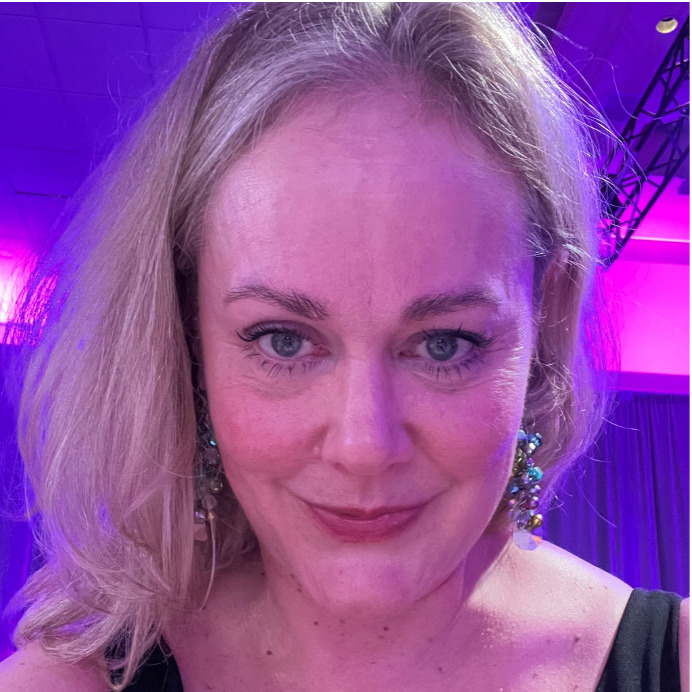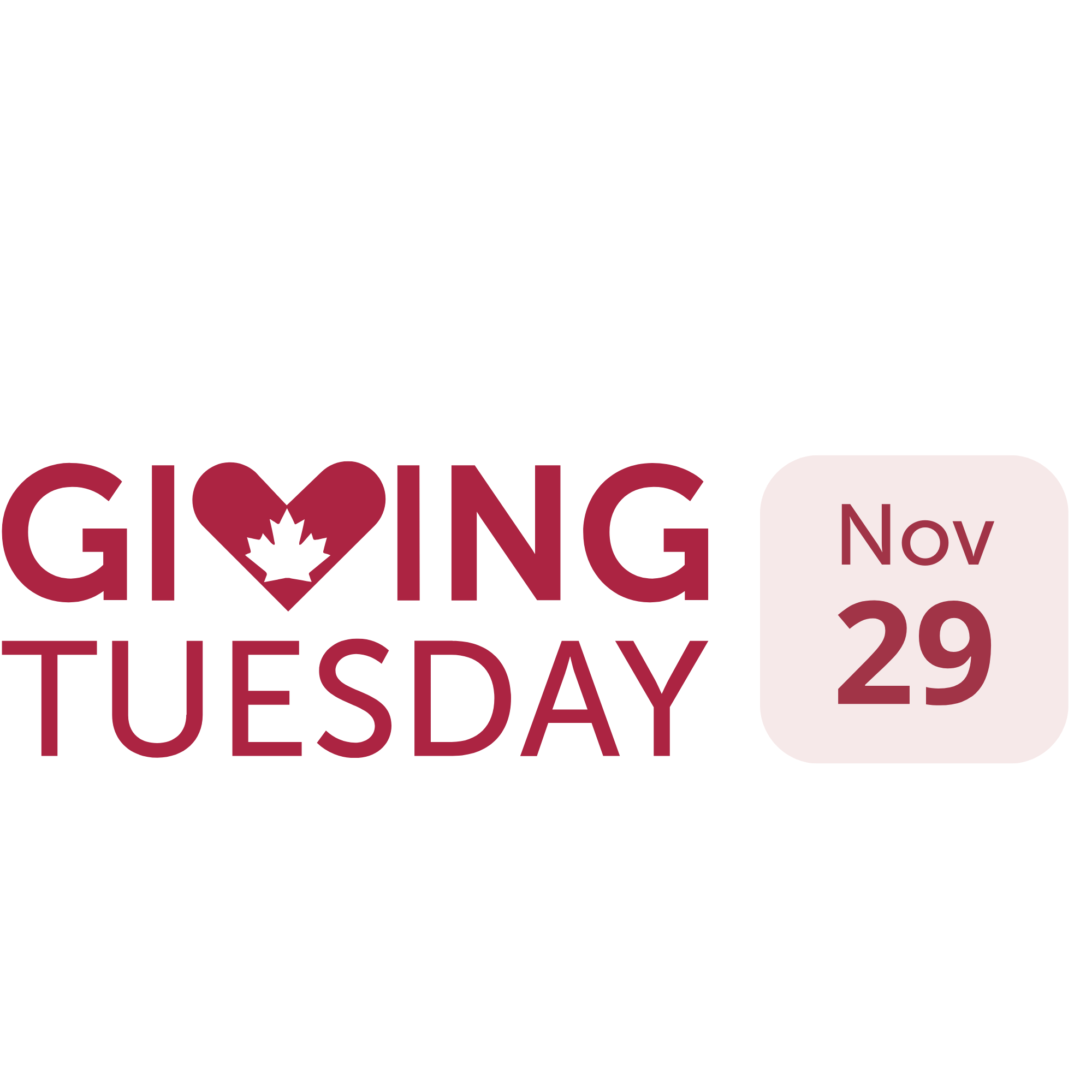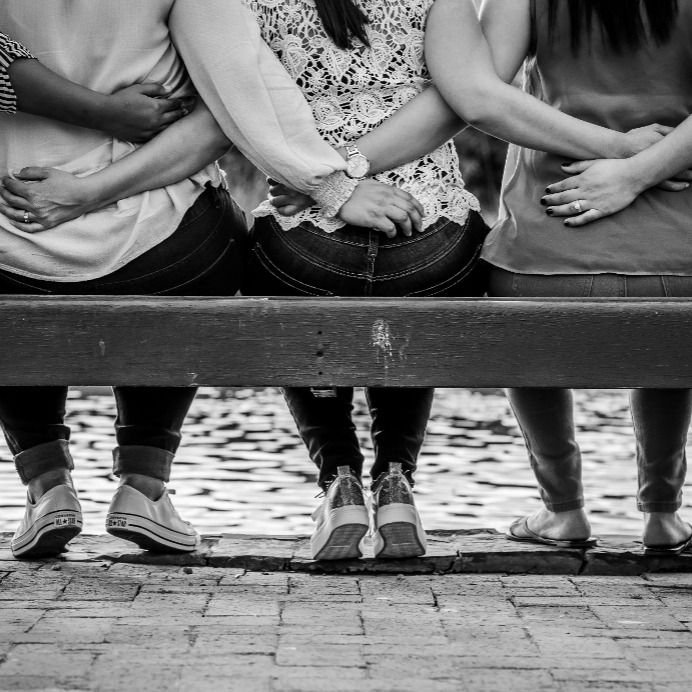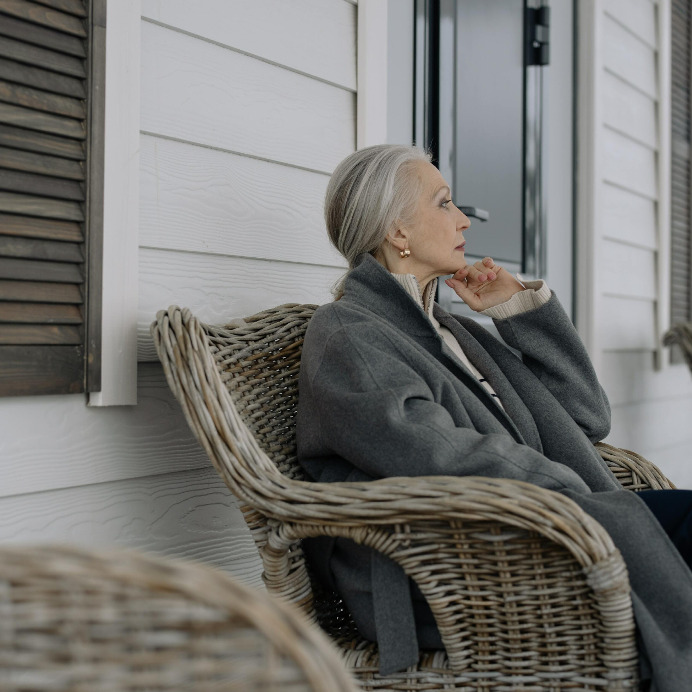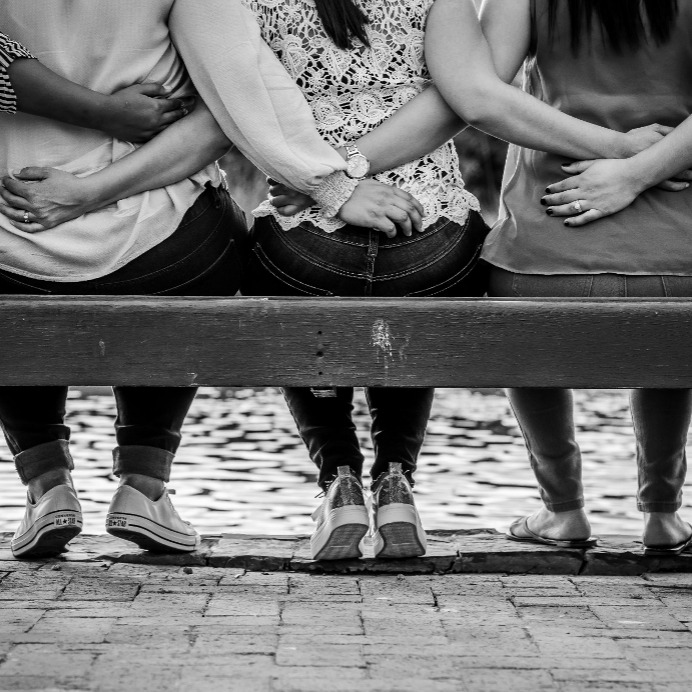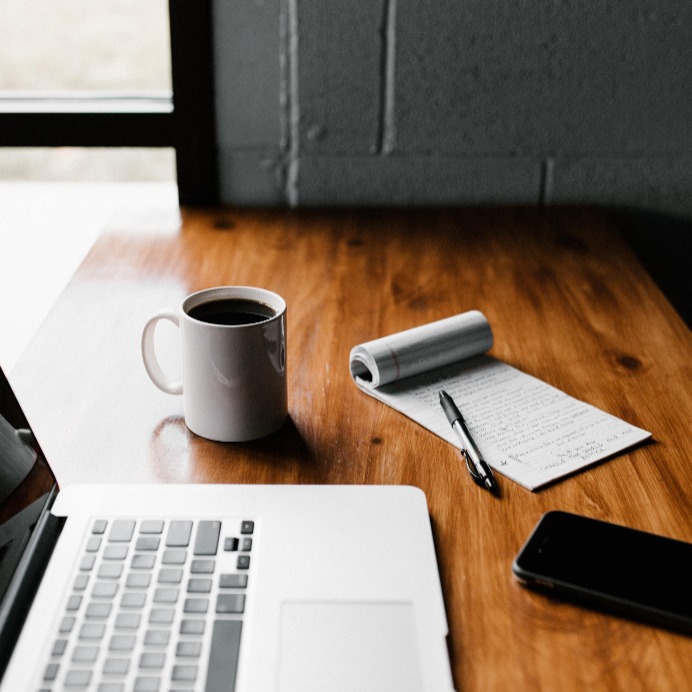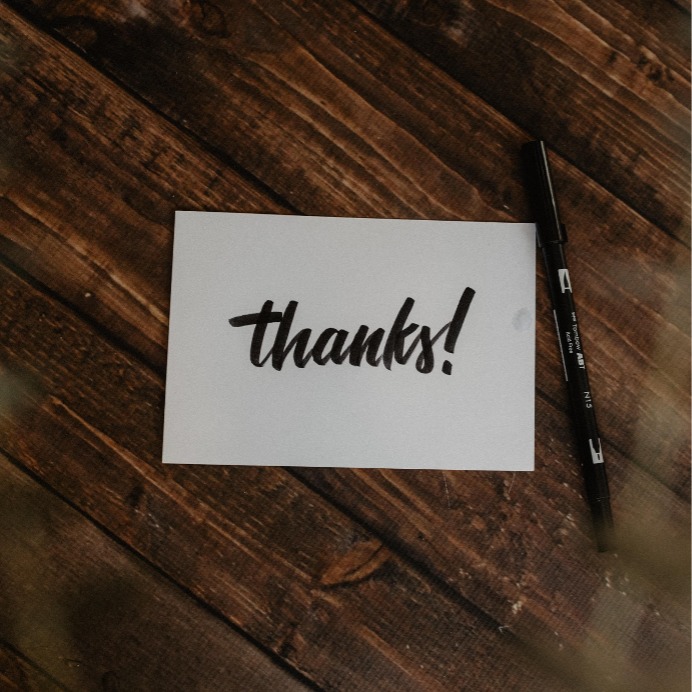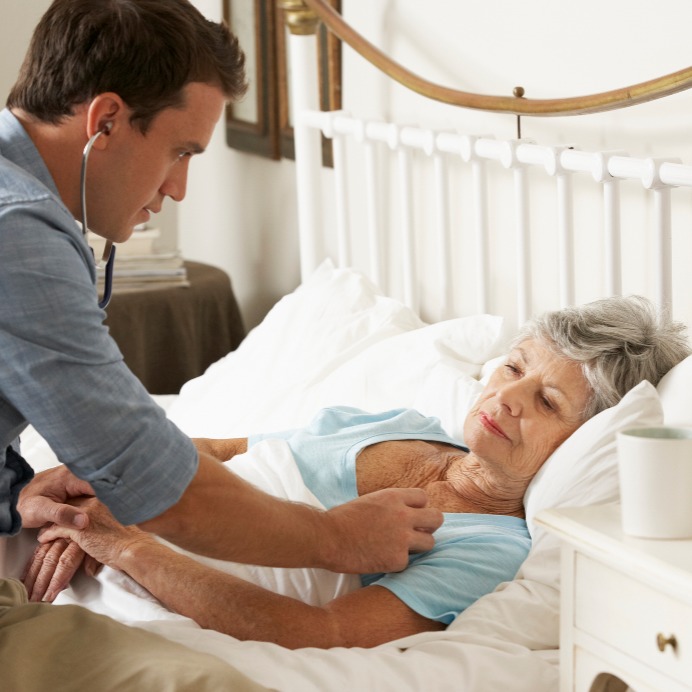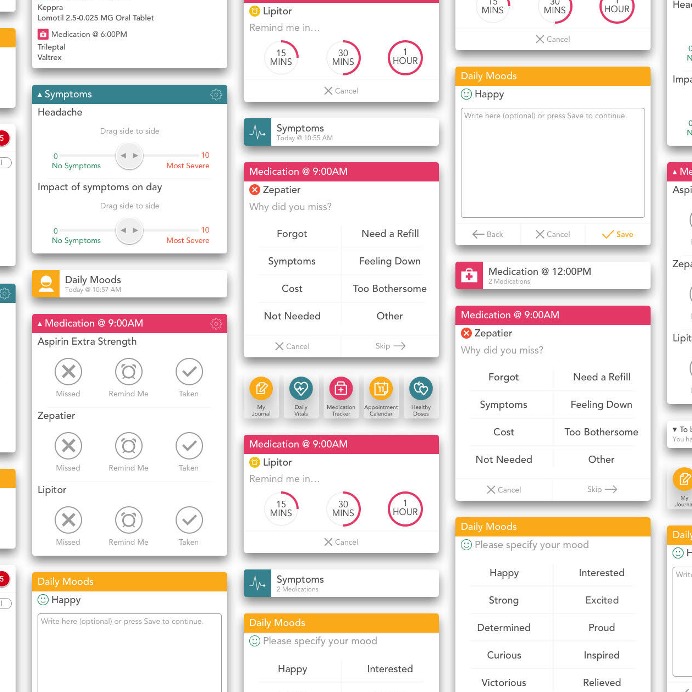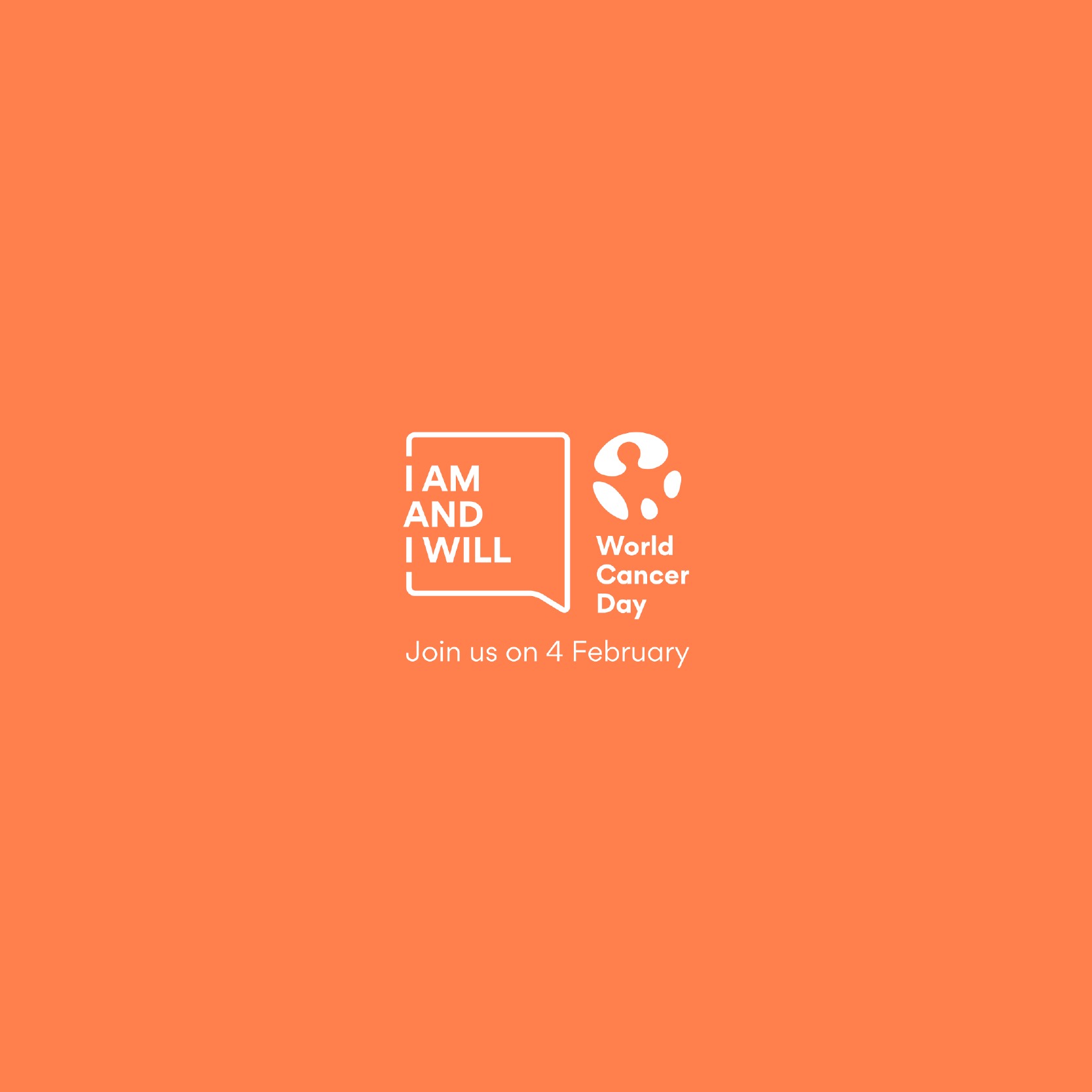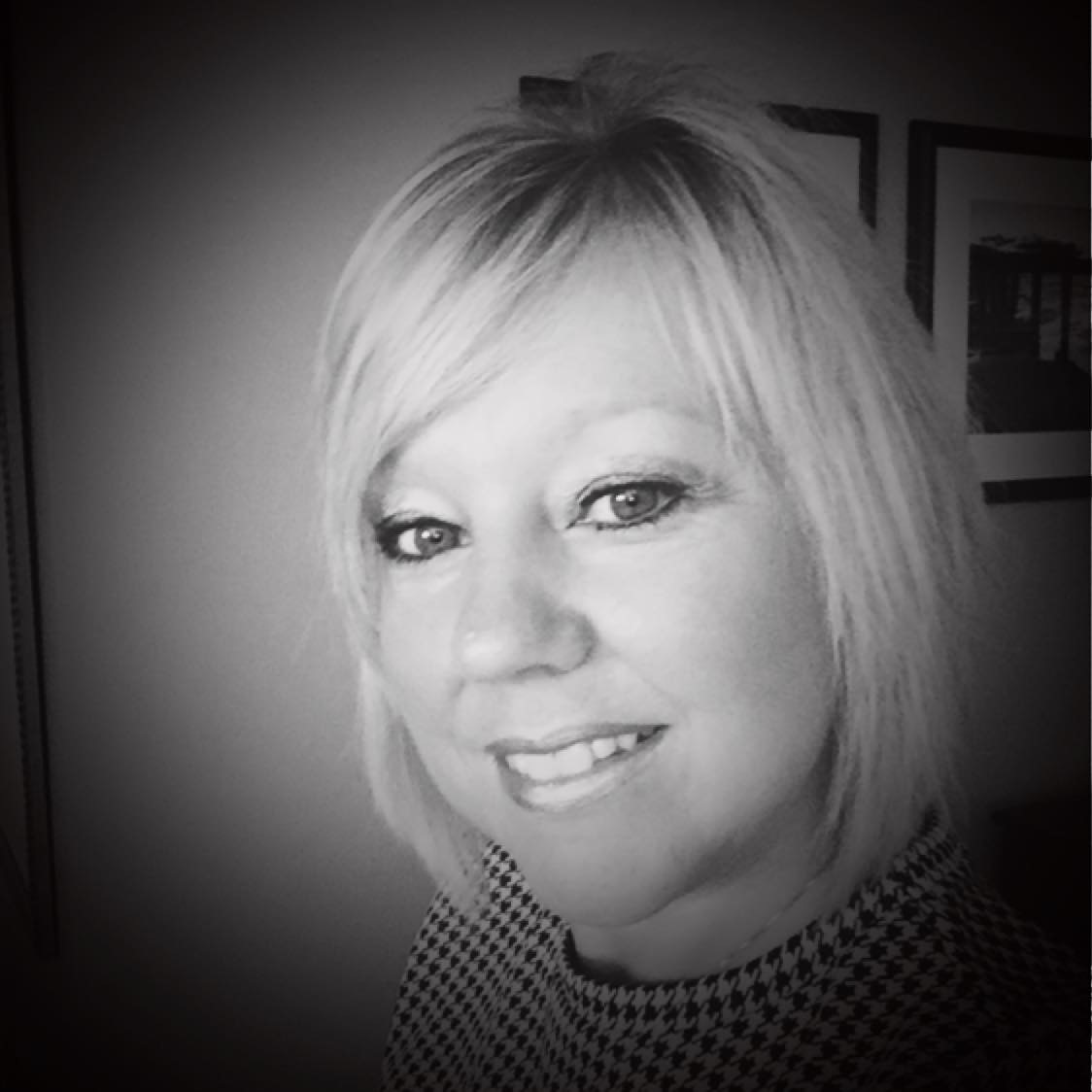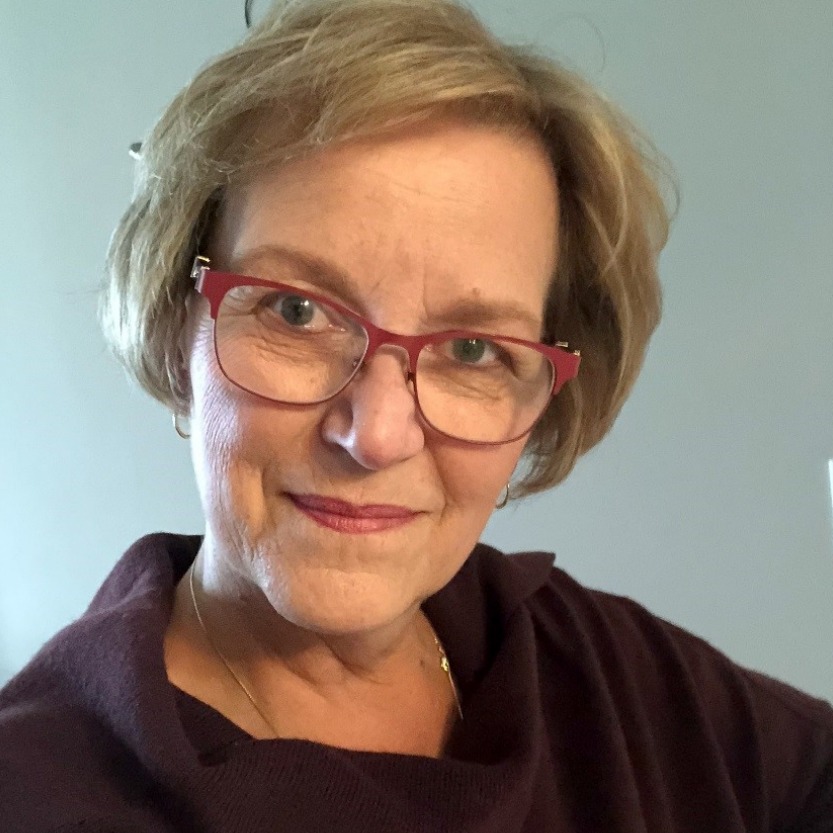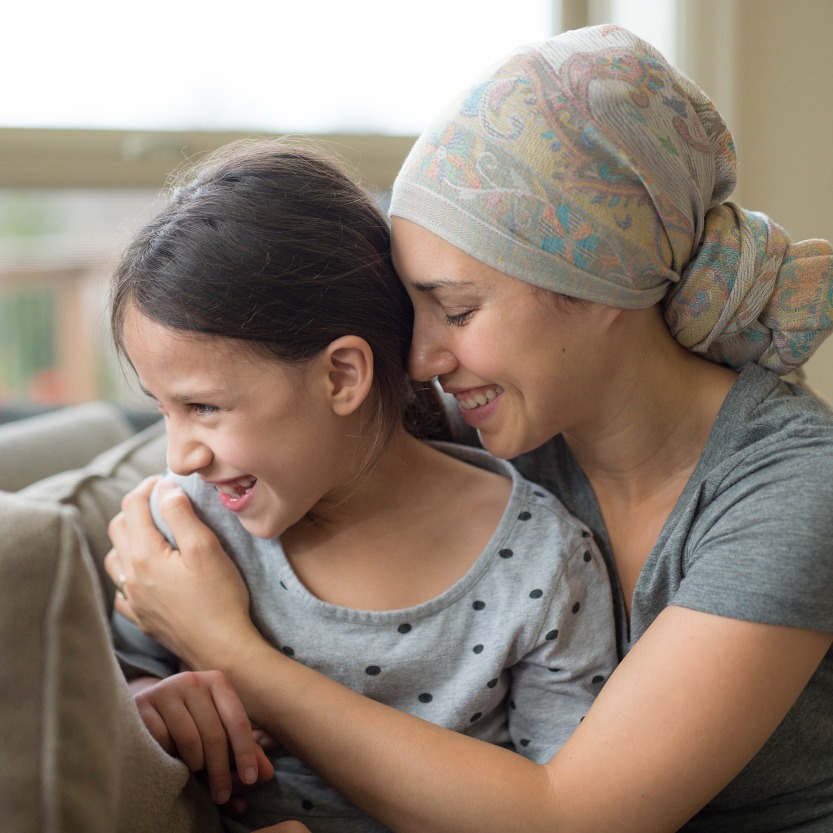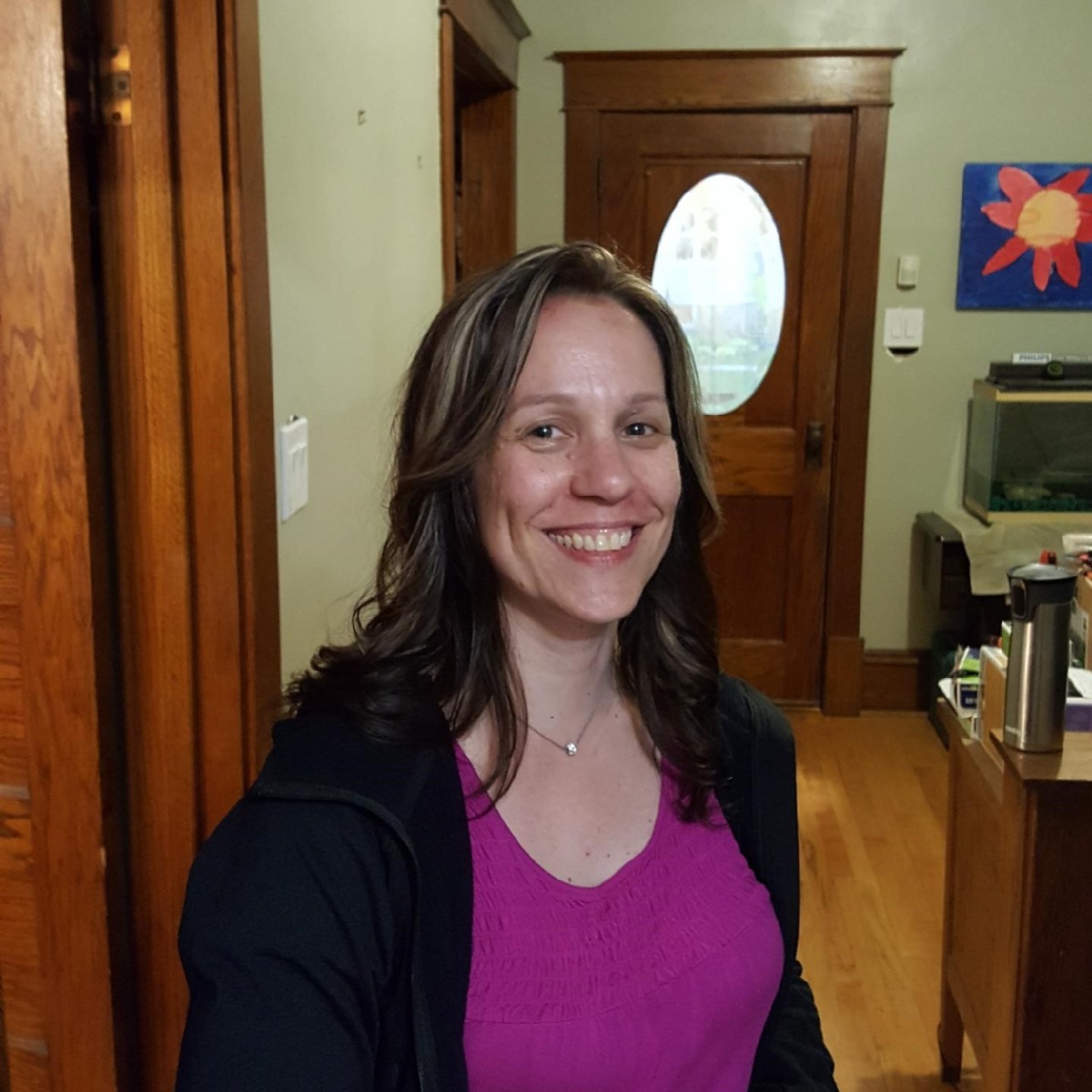By continuing to use our site, you consent to the processing of cookies, user data (location information, type and version of the OS, the type and version of the browser, the type of device and the resolution of its screen, the source of where the user came from, from which site or for what advertisement, language OS and Browser, which pages are opened and to which buttons the user presses, ip-address) for the purpose of site functioning, retargeting and statistical surveys and reviews. If you do not want your data to be processed, please leave the site.
The Voice of People With Breast Cancer
Education
Our Voices Blog
Tag : support
The Messy, Honest Truth About Diagnosis, Recovery and the Emotions No One Talks About
I’m an open book about breast cancer. I’ve chosen to be vocal because I want to wipe out stigma, shine light on little-talked about topics and help other women feel less alone. When I was first diagnosed with breast cancer, it didn’t cross my mind that one day I’d want to share all the details about my personal experiences with cancer by writing a monthly column, but life is weird and here I am. And I’m grateful. Especially when I receive a direct message on my Instagram from a woman I don’t know, who is dealing with her own breast cancer diagnosis and looking for support.
How You Can Support Breast Cancer Year-Round
Every October, the world turns pink to highlight Breast Cancer Awareness Month. Social media floods with pink ribbons, brands roll out special edition products, and awareness campaigns gain momentum. But for those impacted by breast cancer, whether they’ve been diagnosed themselves, have a loved one who has, or work in research or care, the experience lasts well beyond one month a year.
Seven Ways to Respond to Family and Friends’ Reactions to Your Breast Cancer
Yet, the thought of having to say that “I have cancer” out loud to my family and close friends wasn’t something I wanted to do. It made me feel like I was looking for attention. That’s because having cancer is surreal and warps reality. It was near impossible for me to wrap my head around. Sharing this information felt deeply personal and required me to be vulnerable, strong and courageous all at the same time. No easy feat. So of course, once I confided in my circle of family and friends, I wanted them to say and do the things I needed.
The Power of Community and the Strength of Support
Driven by a profound commitment to community service and making a meaningful impact, Chhavi is passionate about leveraging her skills and experience to support non-profit initiatives, especially those focused on breast cancer awareness and support. Her journey with hormone-positive stage II breast cancer in 2023 has profoundly shaped her heartfelt personal commitment to this cause.
Finding Inclusive Resources for Your Unique Journey
We know that facing a breast cancer diagnosis is a daunting thing to experience. But for some, the challenges, fears, and uncertainty can be compounded by a lack of access to culturally competent care and tailored supportive resources that truly understand and address the unique needs of diverse community groups. We’ve compiled a non-exhaustive list of resources we know to be helpful and can provide much-needed assurance and support to culturally diverse communities, young women, those with high familial risk and LGBTQ+ individuals.
When Was the Last Time You Asked Yourself: Are You Okay?
I’ve been watching Harry & Meghan, the documentary series on Netflix. I’m not a royal’s buff or even a fan, well, except for Princess Diana (I thought she was great). No, I started watching the series for boredom’s sake, because I needed a new show. I figured that because I like docu-series and because I couldn’t watch what I really wanted to—the Kardashian’s new reality show because I don’t have Disney+—this was it. So, I clicked play and about five minutes into Episode 1, I was hooked.
Fact: When I Look Good, I Do Feel Better
Growing up, every time I passed a mirror I would pause and stare at my reflection. I got busted for it too. A lot. My mom and aunties told me it wasn’t nice to look at myself, that it was vain or to cut it out—sometimes they said all three statements at the same time. To be clear, I wasn’t always admiring myself, I mean sometimes I was, but after I turned 12 and went to junior high school, my covert glances were more about me feeling insecure than anything else. I had to make sure I didn’t look weird, that my bobbed hair was tucked behind my left ear just so or that my highly Ten-O-Sixed skin wasn’t shining like a too-bright light. I was looking because I needed to reassure myself that I looked good. That I was good enough.
Giving Tuesday: The Impact of Your Donations
Tomorrow, November 29th is Giving Tuesday, the world’s largest generosity movement. Created in 2012, it was a simple idea: a day that encourages people to do good. Make someone smile, help a neighbour or a stranger, show up for an issue you care about, or give some of what you have to those in need. Giving Tuesday is a time when people come together to celebrate giving and participate in activities that support charities and non-profits; to thank, help, give, show kindness, and share with others. Donations made to CBCN help us fulfill these needs for people dealing with breast cancer, their loved ones, and caregivers.
Support Matters. How You Can Support Yourself & Other Breasties
During treatment, when I laid on the couch or in bed recuperating, I found support in a promise to seek and find more joy and purpose in my life once I resurfaced from feeling deep, deep under water. I kept it too, by returning to coaching competitive synchronized swimming athletes after a near 20-year hiatus from the sport. This has been incredibly rewarding. Along with the support of joy it continues to give me, coaching allows me to focus my energy and attention on others instead of on myself and to give back and support a community of young athletes I believe in very much.
The Mental Health Impacts of a Breast Cancer Diagnosis
Experiencing a breast cancer diagnosis is overwhelming and while the overall physical impacts of the disease are well-known, the mental health impacts are often less discussed. The shock of being diagnosed, the fear of recurrence, and the anxiety that comes with living with a breast cancer diagnosis, among other mental health effects, are not considered. As far as the public knows, breast cancer is a physical disease that lasts only as long as its treatment. However, we know that is nowhere near the truth. To highlight this, we asked community members to comment on what impact their breast cancer diagnosis and experience has ha or continues to have on their mental health.
You Get to Choose the Love You Surround Yourself With
I lost my cat, Trixie-Belle. She died from a squamous cell carcinoma, an aggressive type of mouth cancer, one week before the winter holidays last year. There was nothing my veterinarian could do to save her. She simply woke up one morning with a spot on the roof of her mouth and then, after performing every possible examination and a round of drugs, she was gone.
CBCN's Digital Storytelling and Advocacy Toolkit: Using Personal Storytelling for Advocacy
While there have been many advances made in the diagnosing, treatment and management of breast cancer, individuals diagnosed with or living with breast cancer still face issues that are not yet being addressed by the organizations and government bodies that serve them. In addition to this, the public is generally not aware of the day-to-day impacts of a breast cancer diagnosis on individuals and their families.
Recognizing CBCN’s Breast Cancer Awareness Month Fundraisers
October is Breast Cancer Awareness Month and each year, we see a surge of individuals, companies, and organizations joining the conversation to raise awareness of breast cancer. Amid the ongoing COVID-19 pandemic, people and organizations participated in virtual events, used their social media to raise awareness, and donated to various breast cancer organizations.
Talking Palliative Care Part 2: Choosing your care
We can all agree that when it comes to making end of life decisions, comfort is one of the most important considerations. Comfort can mean different things to everyone. Staying at home for as long as possible or until death may be preferred by some people while others may feel more comfortable in a facility. If you’re unsure of what will make you most comfortable here are some things to consider.
An app that helps you during your treatment and beyond
Self-care during treatment is so important for maintaining not only a good quality of life but your sanity as well. From doctors appointments, to managing the emotional aspects of a breast cancer diagnosis, there’s a lot to juggle. We’re excited to announce our new partnership with Self Care Catalysts and our Health Storylines mobile app.
I Am And I Will this World Cancer Day
World Cancer Day on February 4th gives us a chance to reflect on 2018, the work we’ve accomplished and the work that still needs to be done. This year, WCD has a brand-new message: I Am And I Will.
Meet Cathy Hemeon, CBCN’s new board member
The Canadian Breast Cancer Network is pleased to welcome a new member to our board of directors. Cathy Hemeon of Mount Pearl, Newfoundland brings many years of experience in the health care field to her new role. She, like all CBCN board members, is also a breast cancer survivor. She was diagnosed in February 2016 with Stage I triple positive breast cancer following a screening MRI.
Looking on the bright side
In June 2015, I moved to London, Ontario and was recovering from a rather emotional and difficult time, having divorced in June 2014. I had moved from Sault Ste. Marie to be closer to my daughter with her husband and very young children. I would be seeing the rest of my family less often now – my parents, my two sisters, my daughter and her husband, and another granddaughter. and two step grandchildren.
Here’s how we’re helping breast cancer patients through your donations
Giving Tuesday is coming up on November 27th and we wanted to take this opportunity to highlight some of the amazing work Canadians have done to support the Canadian Breast Cancer Network. The Annual Pink Ribbons Project Gala hosted by the Full Circle Foundation for Wellness is a perfect example of community involvement shaping CBCN’s valuable resources.
Surviving breast cancer and living with lymphedema
January 4, 2010, I became a fly on the wall. I was at my surgeon’s getting results from my biopsy. It was supposed to be a quick appointment as the initial needle test of fluid prior to the biopsy was negative for cancer, or so we thought. I remember hearing the doctor telling me “unfortunately it was cancer….” I felt like I was having an out of body experience. I was there but literally watching over my body and the doctor from a distance. My world suddenly changed both physically and mentally.

